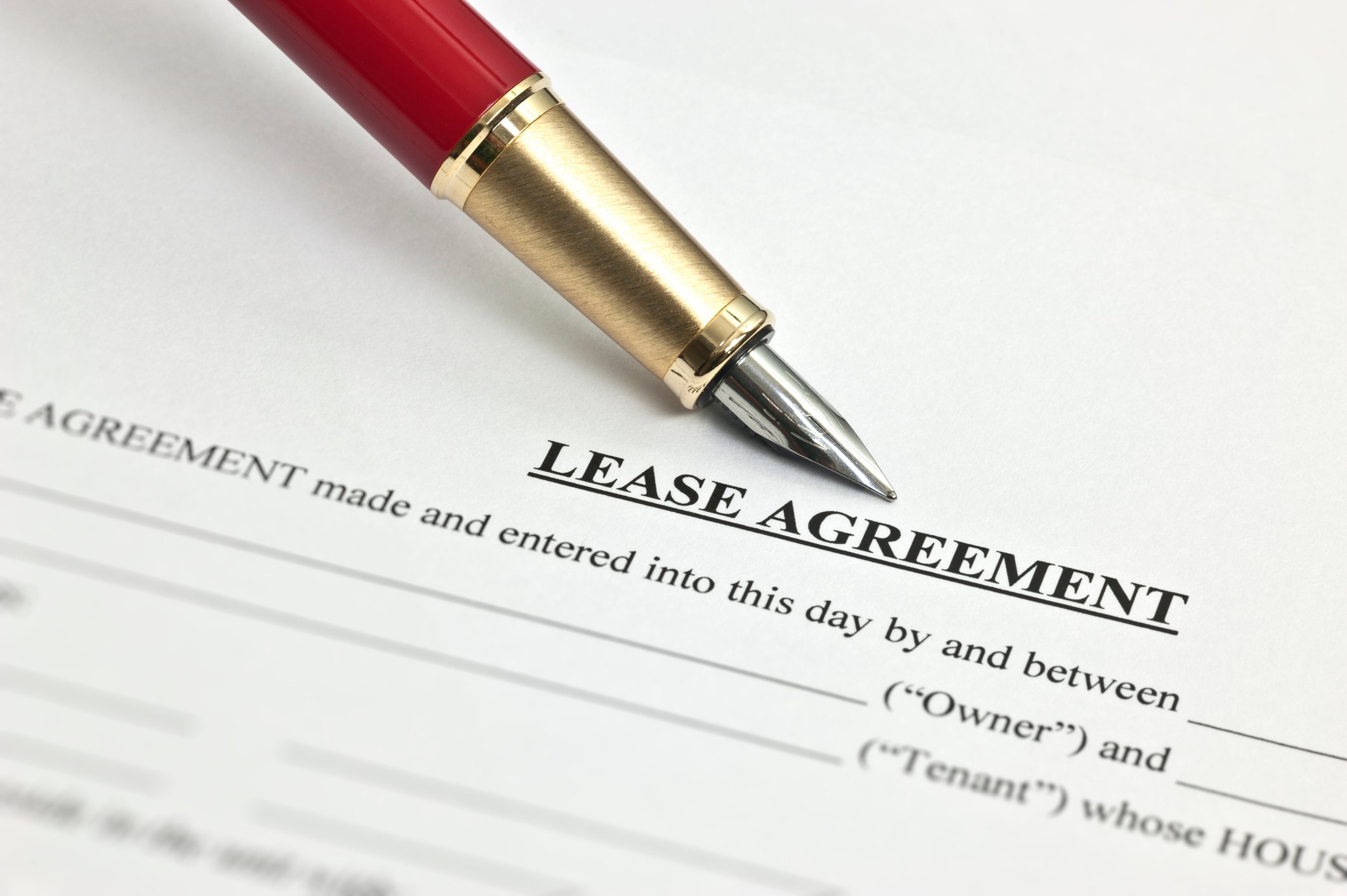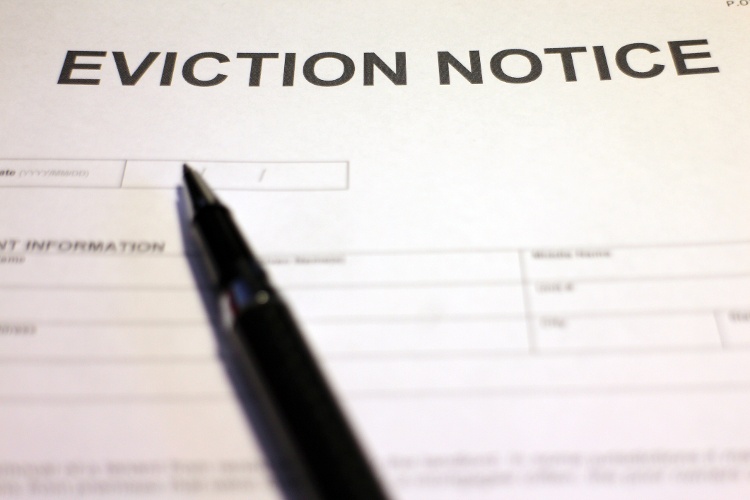In a perfect world, a tenant will always pay the rent on time but in the real world of owning rental property that isn’t always the case.
In this article, we’ll discuss how late fees for rent work, why waiving the late fee even one time could be a bad idea, and tips for getting tenants to pay their rent on time.
Are Late Fees for Rent Legal?
Charging a tenant a late fee is legal, provided the conditions for collecting a late fee are included in the rental agreement and allowed by your local landlord-tenant laws. If the lease doesn’t include a provision for charging a late fee, a landlord can not legally collect one.
Even when the lease allows late fees, there are two general questions landlords should consider before adding a late fee to the monthly rent:
1. Is the late fee reasonable?As a rule of thumb, a late fee shouldn’t be assessed right away. For example, if the rent is due on the 1st of the month, a late fee shouldn’t be charged until three or five days after the rent due date.
Late fees for rent should also be a certain percentage of the monthly rent, usually around 5% unless the rent is extremely late. Keep in mind that your local landlord-tenant laws may limit how much of a late fee you can charge and when.
2. Is the rent really late?There are three guidelines to think about when determining if the rent is late: 1) When the payment was scheduled or mailed, 2) When the payment is received by the landlord, 3) When the payment is deposited and clears the bank.
For example, if the tenant mails the rent check on the 1st of the month but you don’t receive the rent until the 5th, is the rent really late?
It’s a good idea to think about how you will decide if and when the rent is late, then make sure your tenant understands when to pay the rent. Requiring the tenant to pay the rent online can also help to streamline rent payments and improve monthly cash flow.

How to Enforce Late Fees for Rent
Enforcing late fees for rent begins with a well-written rental agreement. Your lease should outline rent payment and late fee terms including:
- Amount of rent due
- Rent due date
- Where rent is paid and how, such as by mail or online
- When rent is considered to be late
- Late fee if rent is paid late
- What happens if rent remains unpaid
Rent and late fee provisions of the lease should also address when the rent is due if the due date falls on a holiday or weekend, and refer to any state or local landlord-tenant laws regarding payment of rent and late fees.
Can Landlords Charge Late Fees During COVID?
Restrictions on charging late fees for unpaid rent during the pandemic can vary from state to state. Whether or not a landlord can charge late payment fees for rent during COVID depends on three things:
- Is there a late fee provision in the lease agreement?
- Do local landlord-tenant laws allow charging a late payment fee?
- Has an emergency order been issued by the city or state that temporarily prevents charging a late fee?
In general, tenants are still responsible for paying rent during COVID unless you come to a written agreement with the tenant. However, many states and cities have eviction moratoriums in place, which means that a tenant can not be evicted for non-payment of rent.
Your property manager or the legal resource website Nolo are good sources to find up-to-date information on COVID-related tenant protections by city, county, and state.

Why Waiving a Late Fee for Rent Could Be a Bad Idea
There may be situations where a landlord is thinking about waiving the late fee charged to a tenant, for example with a great tenant who always pays on time, except for one time.
The truth is that people sometimes forget. A survey by Citigroup discovered that more than half of Americans have paid a bill late, simply because they forgot. However, many experienced rental property investors believe that landlords should always charge a late fee to encourage tenants to pay the rent in full and on time:
- Landlords use rent collected to pay operating expenses and the mortgage on the rental property, so the quicker you collect the renter the faster you can pay your own bills.
- Tenants who fall behind in the rent may find it increasingly difficult to become current on the rent, creating a never-ending cycle of partial rent payments.
- Tenants who pay the rent late without penalty can quickly turn into habitual late pays.
Limits on Late Fees
Some states restrict the amount of late fees and regulate the number of days before a late fee can be charged to a tenant. Limits on late fees depend on the local landlord-tenant laws and rules for paying rent.
Rules of thumb to consider:
- Lease should include a provision for late fees.
- Late fee should not be charged the first day the rent is late.
- Courts generally see 5% of the total rent as a reasonable late fee.
- Late fees may be deducted from the tenant’s security deposit if rent remains unpaid when the lease ends.
Late fees can be calculated based on a percentage of the monthly rent, or as a flat fee, depending on state law. For example, if your monthly rent is $1,000 and the tenant pays late after the grace period, you could charge a late fee of $50 or 5% of the rent due.
Keep in mind when calculating the late fee for rent that the idea is to encourage the tenant to pay on time. A late fee that is so large that a tenant permanently falls behind on the rent can lead to the tenant breaking the lease or an unwanted eviction.
How a Grace Period Works
A grace period is a written provision in the rental agreement that allows the rent to be received after the due date before a late fee for rent is charged.
Grace periods for late rent payments vary from state to state but are generally between 3 and 5 days. That means that if the tenant’s rent is due on the first of the month and your grace period is 3 days, a late fee would not be assessed until the 4th day.
Benefits of a grace period
- Rent check could be in the mail or the transfer is being processed by the bank.
- Opportunity to cordially speak with the tenant and verify that the rent is being paid.
- Tenants who live paycheck to paycheck may need a little extra time to pay the rent.
- Holidays and banking hours can also affect if the rent can be paid by the due date.
Although grace periods are standard in rental agreements, some tenants may take advantage and consistently pay their rent a day or two late. You can speed up rent collection by using a rental website to collect rent payments online, and by arranging the due dates of your own bills so that they are due in the middle of the month instead of on the first.

What to Do if The Tenant Still Doesn’t Pay
If the grace period ends and the tenant still hasn’t paid the rent you can do one of two things:
- Charge the late fee for rent and send the tenant a revised bill for the total rent due.
- Begin a residential eviction process for non-payment of rent.
Even if your written lease agreement gives you the right to evict the tenant for not paying the rent, that may not always be the right choice. For example, if this is the first time a good tenant has paid the rent late and they pay the past-due rent and late fees, it doesn’t make sense to pursue a costly and time-consuming eviction.
On the other hand, if a tenant begins to consistently pay the rent late after the grace period, evicting the tenant may be the right option, provided the demand for rental property is strong in your market and a better tenant can quickly be found.
Tips for Handling Tenants Who Always Pay Late
One of the biggest drawbacks to waiving the late fee for rent one time is that your generosity may lead to repeat bad behavior from the tenant. That’s why some landlords always follow the terms of the lease and charge a late fee the very first time a tenant pays late.
Here are some steps you can take to avoid having the tenant think they can always pay the rent late:
- Talk to the tenant and let them know you will be a “good guy” only one time and if they pay the rent late again the late fee will not be waived.
- Follow up your conversation in writing referencing the late fee provision in the lease agreement.
- Explain to your tenant that the rental income you collect is used to pay expenses of operating the property, the same way that any other business pays its bills.

How to Get Tenants to Pay Rent On Time
It’s not uncommon for people to forget to pay a bill by the due date, including the rent.
To help your tenant pay the rent on time – and avoid having to charge a late fee – you can quickly and easily set up an online rent payment system. Rent payment services such as Cozy and Avail allow landlords to collect rent for free while charging the tenant a small service fee.
Another good way to get tenants to pay the rent time is by finding the best renters right from the beginning by properly screening the tenant.
A thorough application and screening process for tenants should always include a standard tenant application, along with a credit report, background check, rental history report, and proof of income such as several months of bank statements and pay stubs.
Wrapping Up
Before charging a late fee for rent make sure to review the local landlord-tenant laws and read your lease agreement with the tenant to understand what you can do and when. Late fees can help keep the cash flow from your rental property consistent, making it easier to scale up and grow your real estate business.









